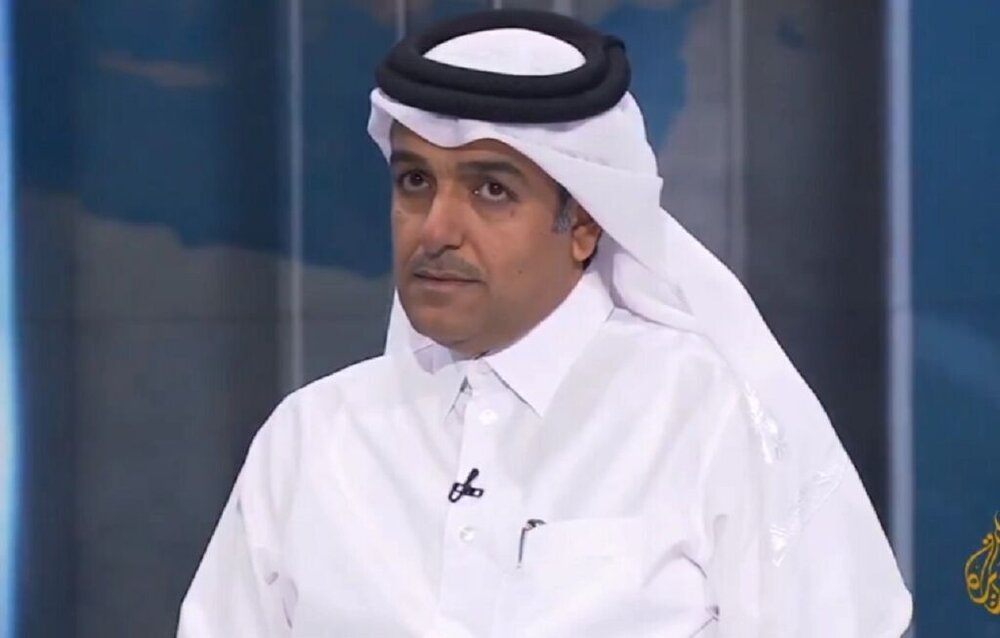Qatar says PGCC’s Iran stance not reflecting position of members

TEHRAN - Mutlaq bin Majed al-Qahtani, a senior Qatari Foreign Ministry official, has said that the latest anti-Iran stance of the Persian Gulf Cooperation Council does not reflect the position of member states.
In an interview with al-Jazeera on Wednesday, he said that the council’s positions are usually taken and announced at foreign ministerial meetings and that the latest stance of its General Secretariat on extension of arms embargo on Iran does not reflect the position of member states.
“We in Qatar do not think that current sanctions on Iran would lead to positive results and contribute to the resolution of crises. Crises must be overcome through dialogue and negotiations,” Press TV quoted him as saying in the interview.
“Iran is a neighboring country with which we have good neighborly relations, and it enjoys a position that the State of Qatar, the government and the people value, especially during the unjust blockade on Qatar,” Qahtani noted.
In a letter to the Security Council on Saturday and obtained by Bloomberg News, the PGCC secretary-general called on the UN Security Council to extend the embargo and “further impose any additional measures necessary to prevent the destabilizing proliferation of Iranian weapons, such as a targeted asset freeze and travel ban on individuals involved in the supply, sale or transfer of arms or related materiel to or from Iran.”
The PGCC includes the six Arab countries of Saudi Arabia, the UAE, Bahrain, Oman, Qatar, and Bahrain that lie on the southern shores of the Persian Gulf.
Analysts and politicians are unanimous in their views that the PGCC is under the influence of Saudi Arabia. In fact, Saudi Arabia bullies small countries in the council to give in to its demands.
Under Resolution 2231, arms embargo against Iran expires in October.
The UN council plans to vote on the U.S. draft resolution for extending arms embargo on Friday.
NA/PA
Leave a Comment